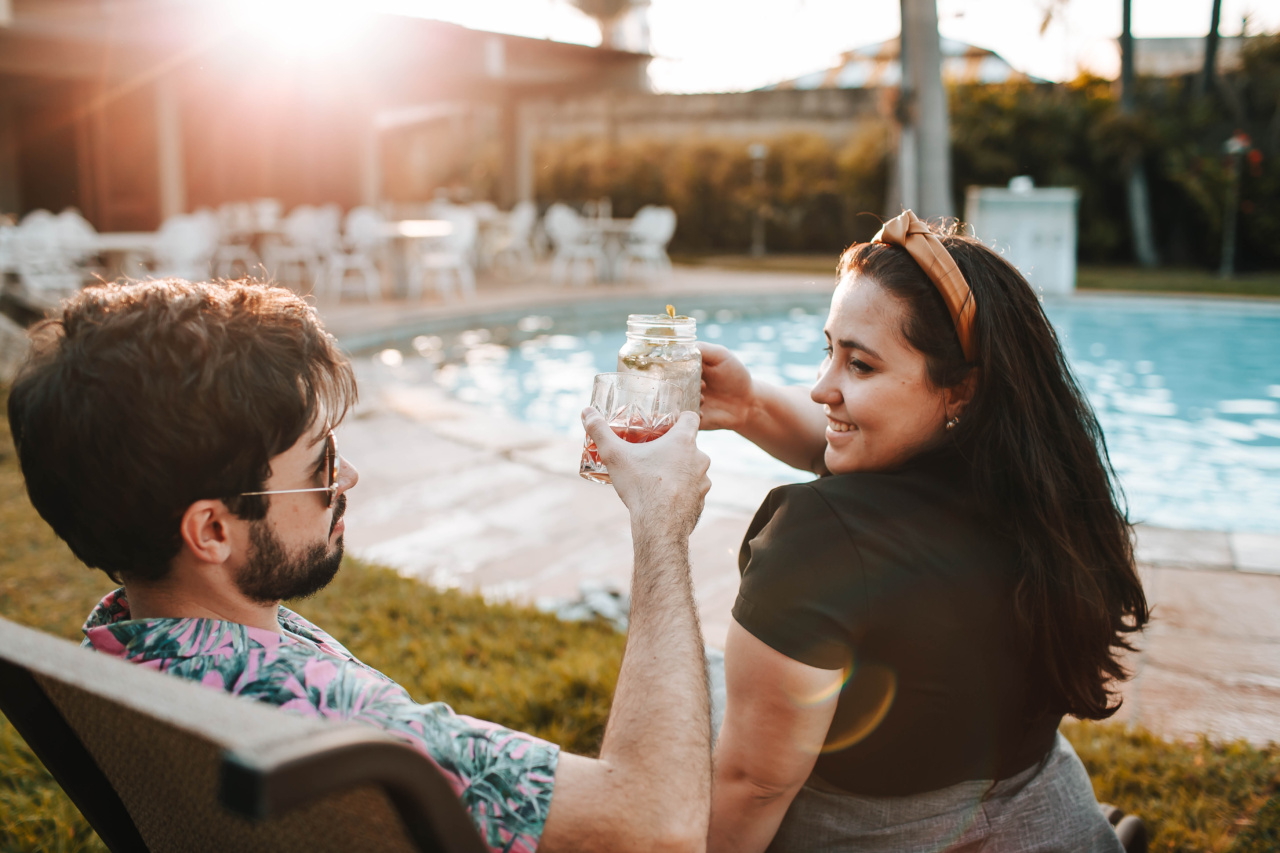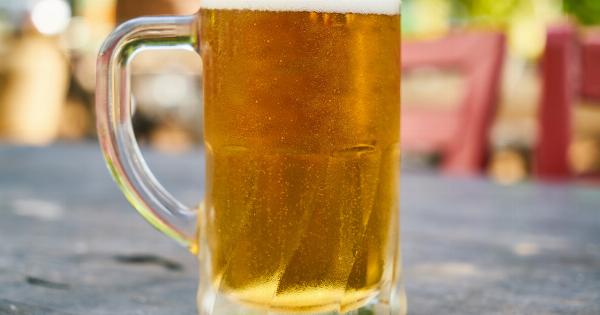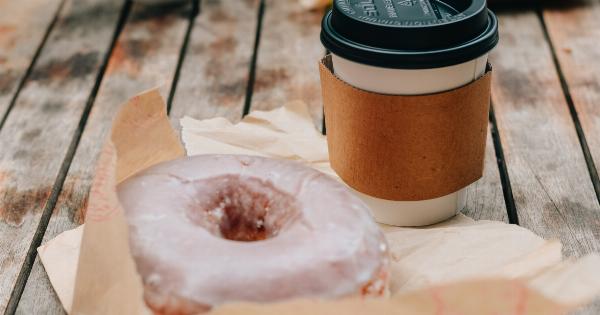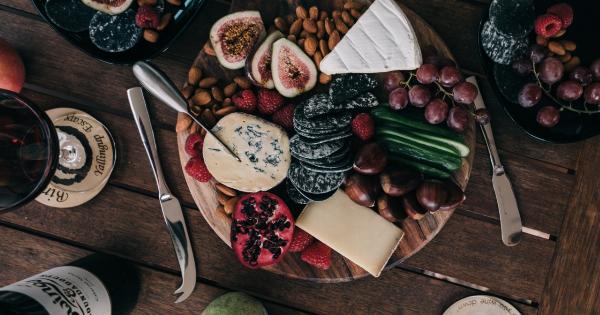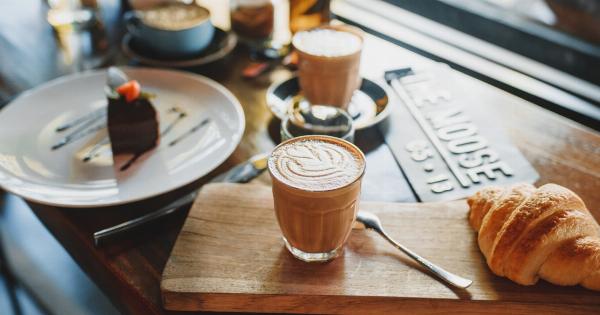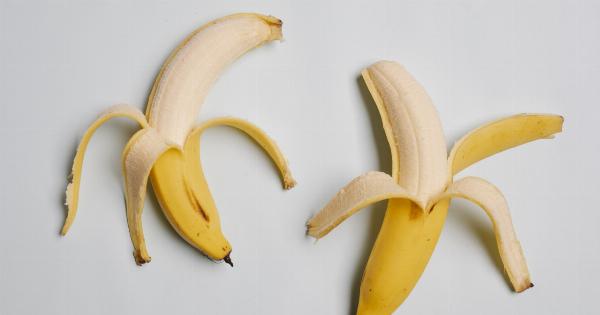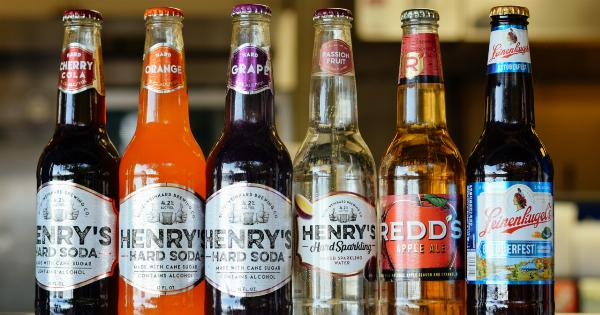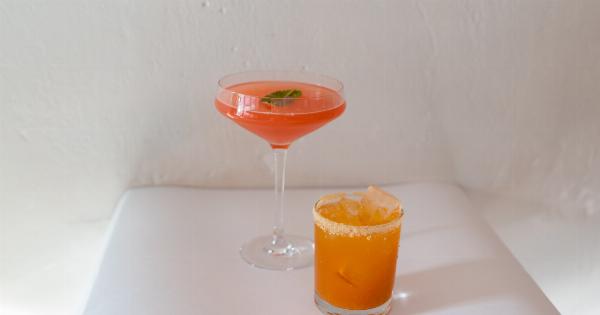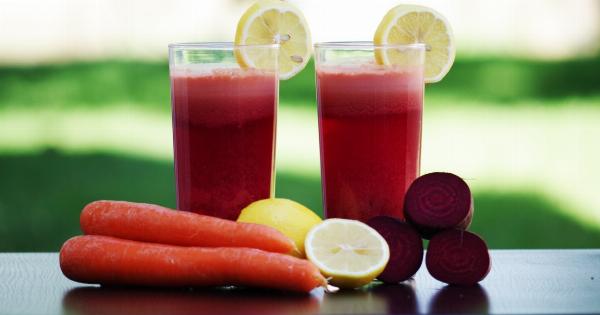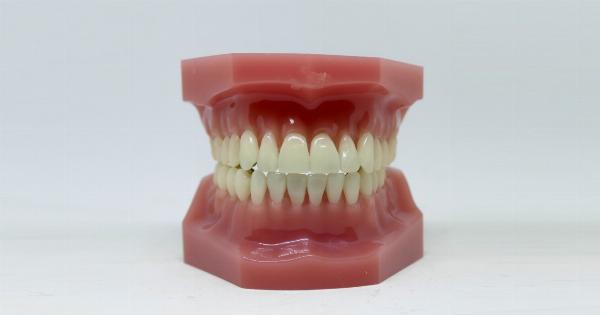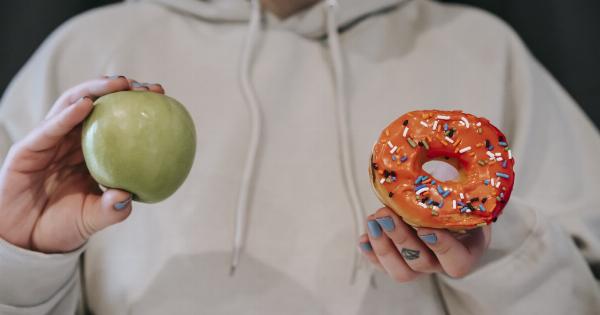When it comes to consumption, the world of alcoholic beverages is shrouded in myths and misconceptions.
From the belief that certain types of alcohol induce specific emotions to the notion that mixing different drinks will give you a worse hangover – it’s time to debunk these common myths and set the record straight. In this article, we will explore ten popular misconceptions about alcoholic beverages and explain the science behind them.
Myth 1: Beer is Less Alcoholic Than Spirits
Contrary to popular belief, the alcohol content in beer is on par with most spirits. It’s all about volume and standard measurements. While a typical serving of beer is 12 ounces, spirits are typically served as 1.5-ounce shots.
When comparing the alcohol content by volume, both beer and spirits generally fall within the 4-6% range.
Myth 2: Mixing Beer and Liquor Makes You Drunker
The concept of “beer before liquor, never been sicker; liquor before beer, you’re in the clear” is entirely based on personal factors such as consumption rate and quantity.
The order in which you consume alcoholic beverages has no scientific bearing on your level of intoxication. It’s the total amount and rate of alcohol consumption that determines your blood alcohol concentration.
Myth 3: Champagne Makes You More Giddy
Many people associate the fizzy bubbly nature of champagne with increased intoxication or giddiness. However, the alcohol content in champagne is typically around 12%, similar to many wines.
The effervescence of champagne may create a more celebratory atmosphere, but it does not alter the alcohol’s effects on your body.
Myth 4: Red Wine is Healthier Than White Wine
It’s often said that red wine is healthier than white wine due to the presence of antioxidants like resveratrol.
While it is true that red wine contains more of these compounds, the amount consumed during typical servings is not enough to provide substantial health benefits. Regardless of color, excessive alcohol consumption can lead to negative health consequences, so it’s important to moderate your intake.
Myth 5: Liquor Brands Differ in “Drunk” Feeling
The belief that specific types or brands of alcohol can induce different emotional responses or moods is a common myth.
However, alcohol is a psychoactive substance, and the feelings it triggers are more influenced by personal experiences, surroundings, and expectations rather than the specific type or brand of alcohol consumed.
Myth 6: Dark Beer is More Caloric Than Light Beer
The color of beer has no direct correlation with its caloric content. Calorie content is mainly determined by the alcohol and sugar content.
While dark beers may appear more robust and flavorful, they are not necessarily higher in calories compared to their light-colored counterparts.
Myth 7: Drinking Coffee Sober You Up
Contrary to popular belief, consuming coffee or other caffeinated beverages does not speed up the process of sobering up. While caffeine may temporarily make you feel more alert, it does not reduce the alcohol concentration in your blood.
Only time allows your body to metabolize and eliminate alcohol effectively. Drinking coffee may end up making you feel more awake but doesn’t alter the state of your intoxication.
Myth 8: Mixing Different Alcoholic Drinks Gives Worse Hangovers
The severity of a hangover is primarily determined by the total amount of alcohol consumed, not the mixing of different types of drinks.
While some people claim that mixing different types of alcohol leads to worse hangovers, scientific studies show that the main contributing factor is excessive alcohol intake. Dehydration, lack of sleep, and other personal variables may also play a role.
Myth 9: Drinking Alcohol Kills Brain Cells
While excessive and prolonged alcohol abuse can cause damage to brain cells, moderate alcohol consumption does not lead to their death.
Scientific research indicates that moderate drinking may even have positive effects on cognitive health by reducing the risk of conditions like dementia and Alzheimer’s disease. As with any substance, moderation is key.
Myth 10: Eating a Big Meal Before Drinking Prevents Intoxication
While eating a meal before consuming alcohol can slow down the absorption rate, it does not prevent intoxication. Food can help delay the effects of alcohol, allowing your body more time to process it.
However, it’s important to note that eating beforehand does not eliminate the potential dangers of excessive alcohol consumption, nor reverse the effects once you’re already drunk.
